Investigation of Subterranean Features in the Appalachian Region
The Marshall University Research Experience for Undergraduates (REU) Site is hosting a 10-week summer program from May 20th to July 26th, 2025. Now in its third year, this program offers undergraduate students the opportunity to engage in research on civil and environmental engineering topics, focusing on underground hazards and anomalies such as coal mines, fire risks, mine waste treatment, and subterranean infrastructure. The program is open to students across various disciplines, including engineering, STEM, and non-STEM fields, who have completed high school-level math and science. Participants from four-year institutions, two-year colleges, and community colleges are encouraged to apply, regardless of prior STEM experience. Through this immersive experience, the program seeks to inspire undergraduate students’ interest in science and engineering while fostering interdisciplinary learning and collaboration.
Machine Learning for Automated Ground Penetrating Radar (GPR) Image Analysis in the Appalachian Region
Develop a machine learning (ML) pipeline for the automated interpretation of Ground Penetrating Radar (GPR) images to identify and classify subterranean features in the Appalachian region. The project aims to increase the efficiency and accuracy of GPR data analysis for applications in infrastructure development, environmental monitoring, and safety assessments.

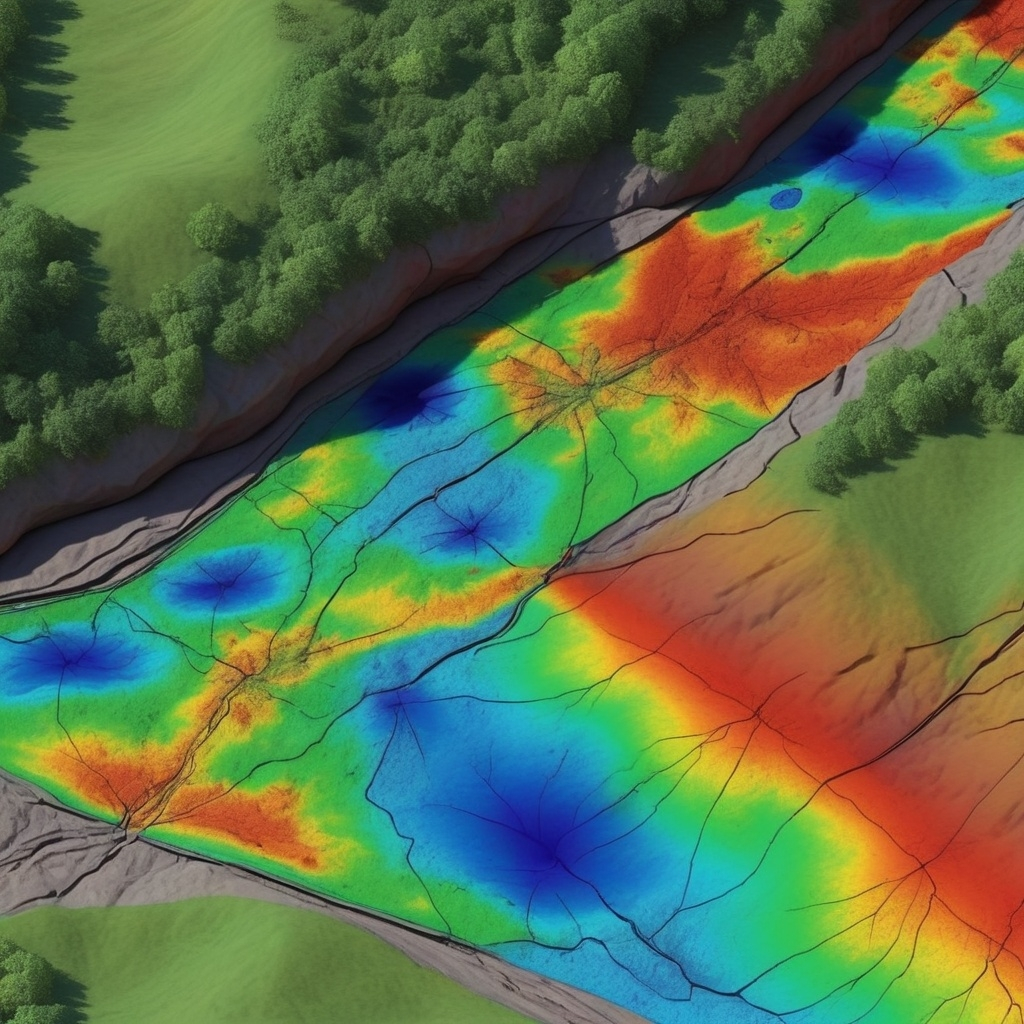
Automated Analysis of LiDAR Data for Subterranean Feature Detection in the Appalachian Region
Utilize machine learning techniques to automate the interpretation of LiDAR data for detecting subsurface and near-surface geological features in the Appalachian region. This project focuses on combining LiDAR’s high-resolution capabilities with ML to identify voids, faults, and shallow subsurface anomalies.
Reverse logistics network design for EV battery supply chain
To design and evaluate a reverse logistics framework that addresses the collection, transportation, sorting, and recycling of EV batteries, integrating economic, environmental, and operational considerations. The research will focus on identifying optimal network configurations to maximize resource recovery and minimize environmental impact while adapting to varying regional and market dynamics.

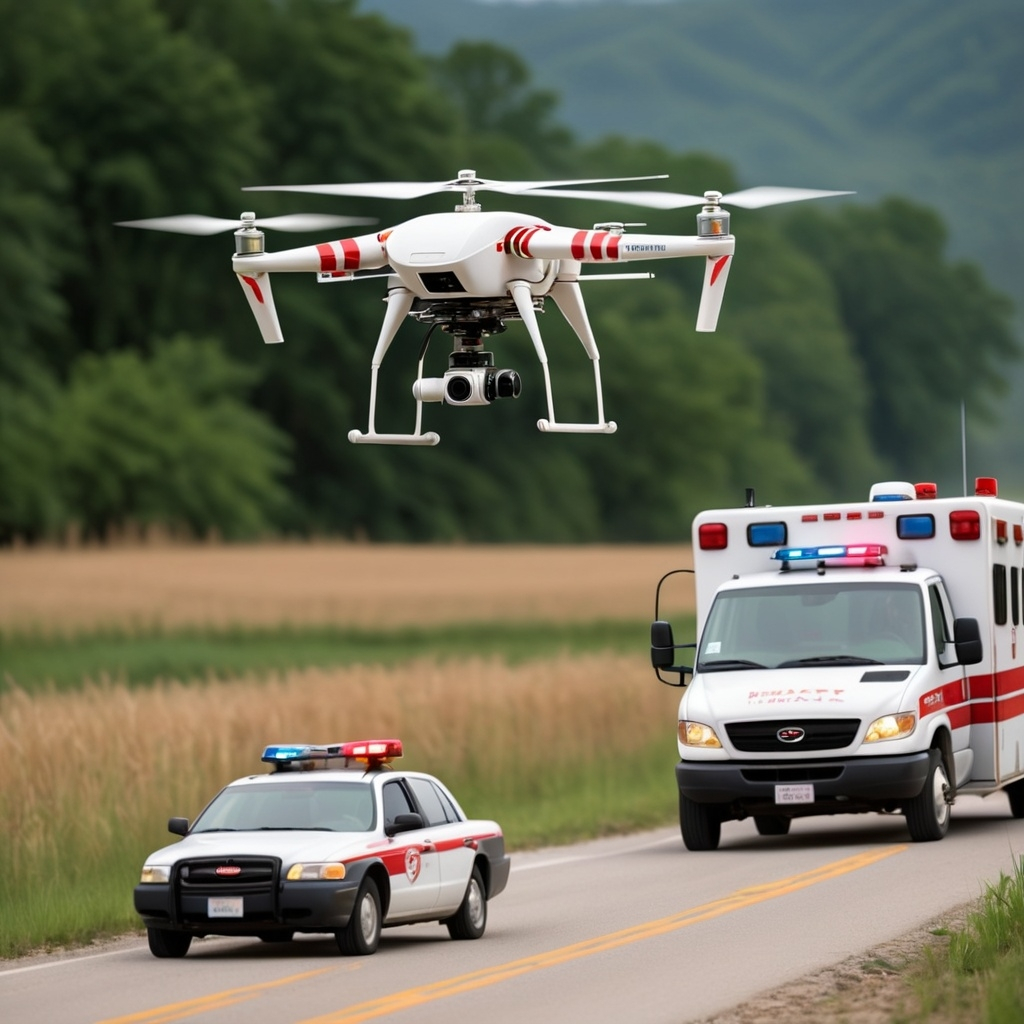
Impact of Emergency Response and Access to Trauma Care on Rural Roadway Safety
Evaluate the role of technology solutions such as drones and telemedicine, assess the impact of helicopter availability on patient outcomes, and develop tailored emergency response protocols to reduce response times and improve care in rural areas. Examine how these interventions influence outcomes across diverse socio-economic, socio-technical, and demographic contexts.
Persuasive Game Design on Green Urban Infrastructure
Being around natural environments and green spaces such as greeneries, trees, water bodies can significantly reduce stress and promote relaxation. With their low-stimulus and calming nature, they can help people recover from mental fatigue. They also make outdoor physical activities more accessible to communities, in addition to providing a place for social connection and a sense of belonging. Overall, careful environmental infrastructure planning (e.g., parks, urban forests, trails) is beneficial for individuals and communities. This research project involves creating a simulation game about how human wellbeing is affected by and can be enhanced through careful green environment infrastructure planning, in addition to testing the final product with users to measure its effectiveness in communicating these ideas.

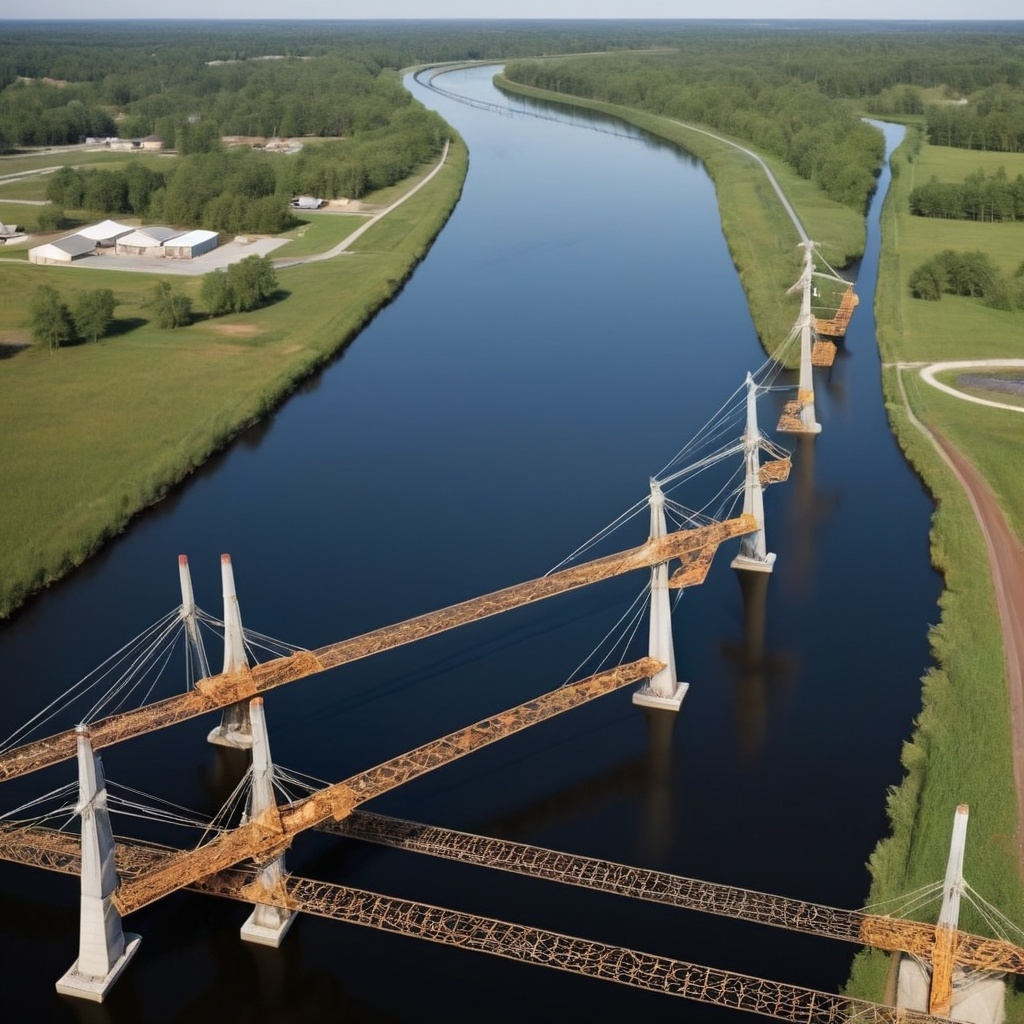
Designing an integrated Framework for Power Infrastructure Restoration
To design and implement a restoration framework for power infrastructure that integrates system-level analysis, resource optimization, and adaptive decision-making. The framework will focus on prioritizing critical infrastructure, optimizing resource allocation, and leveraging advanced technologies to improve restoration efficiency under diverse disruption scenarios and operational constraints.
Photos
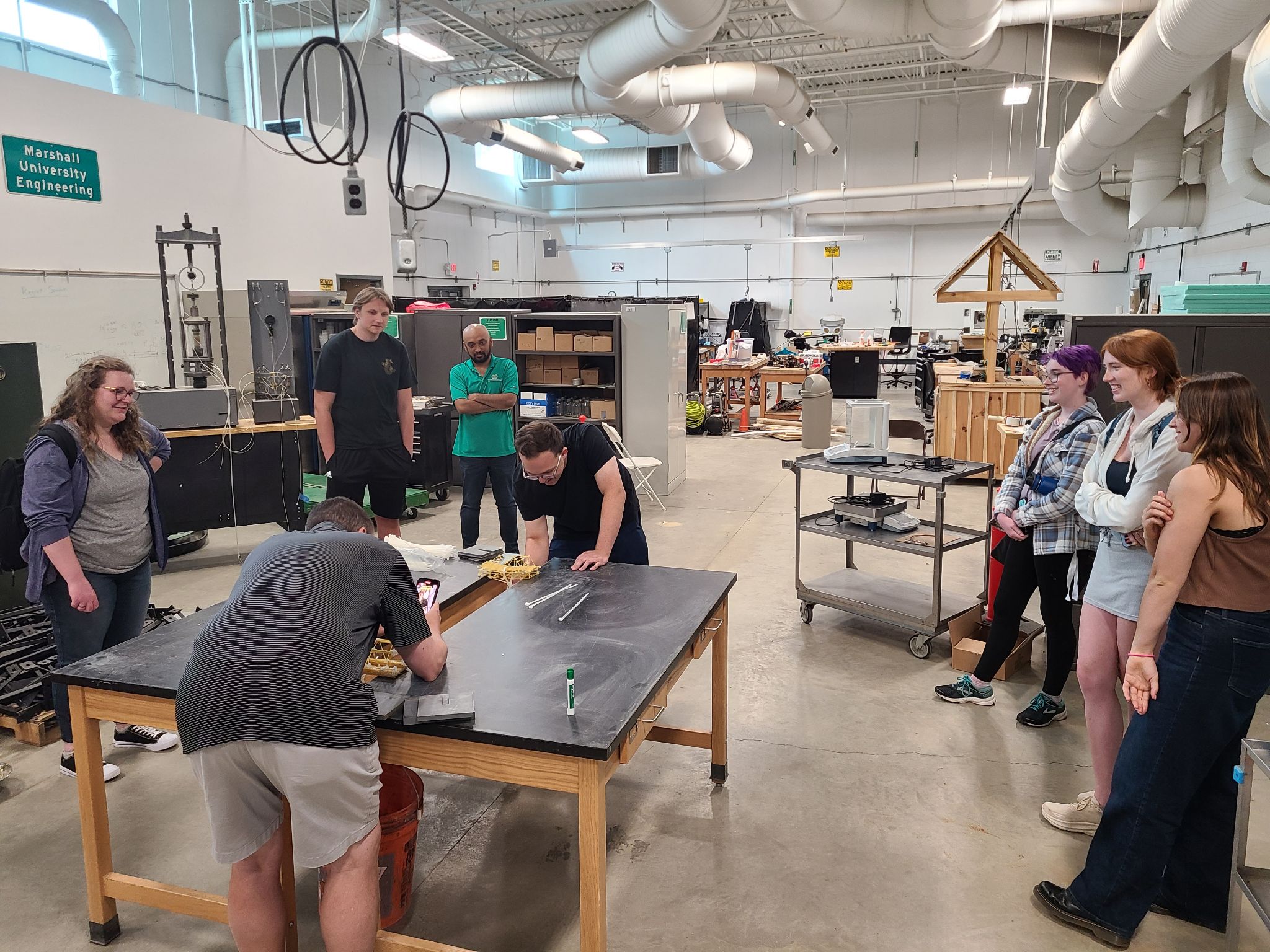
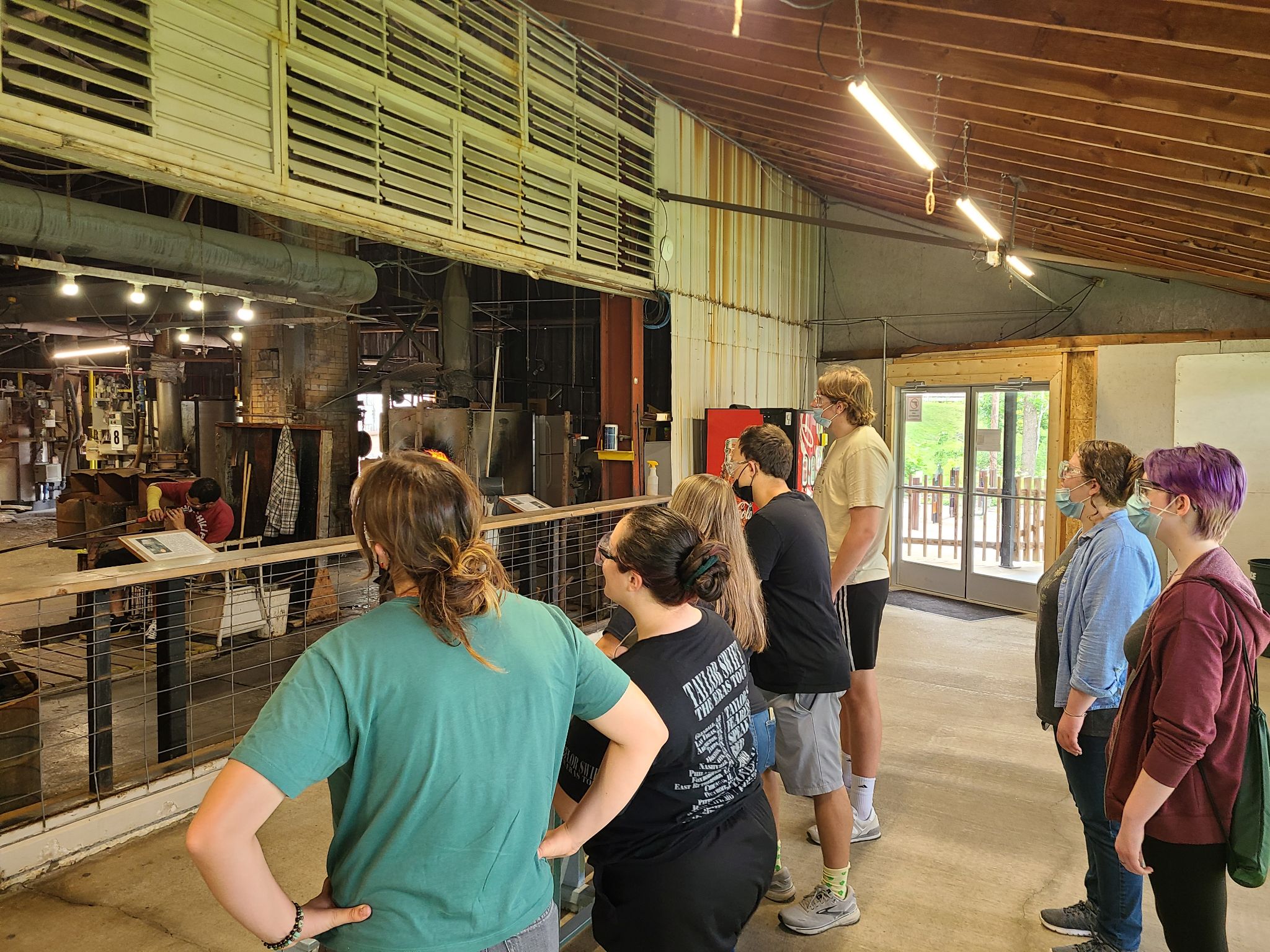
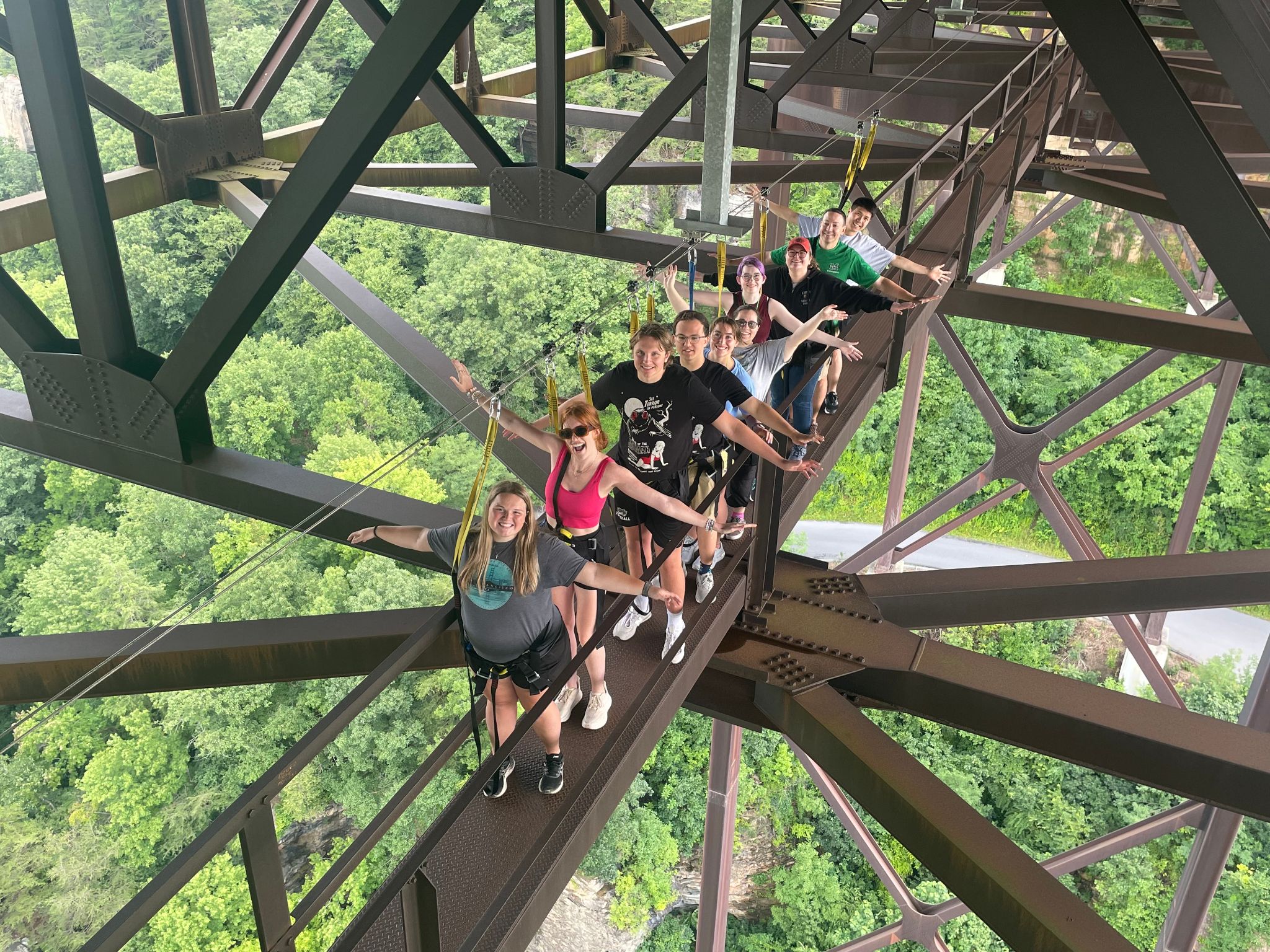
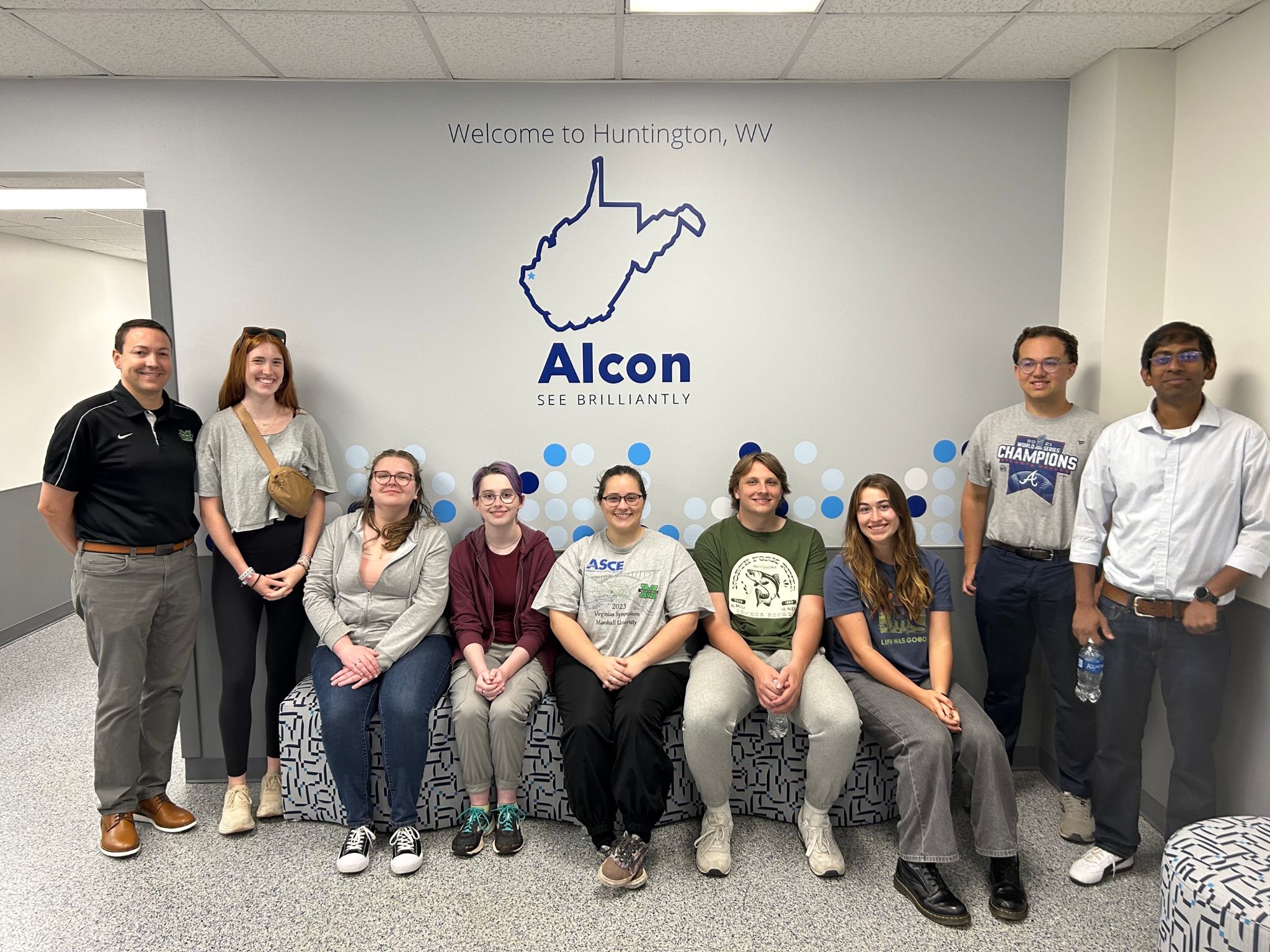
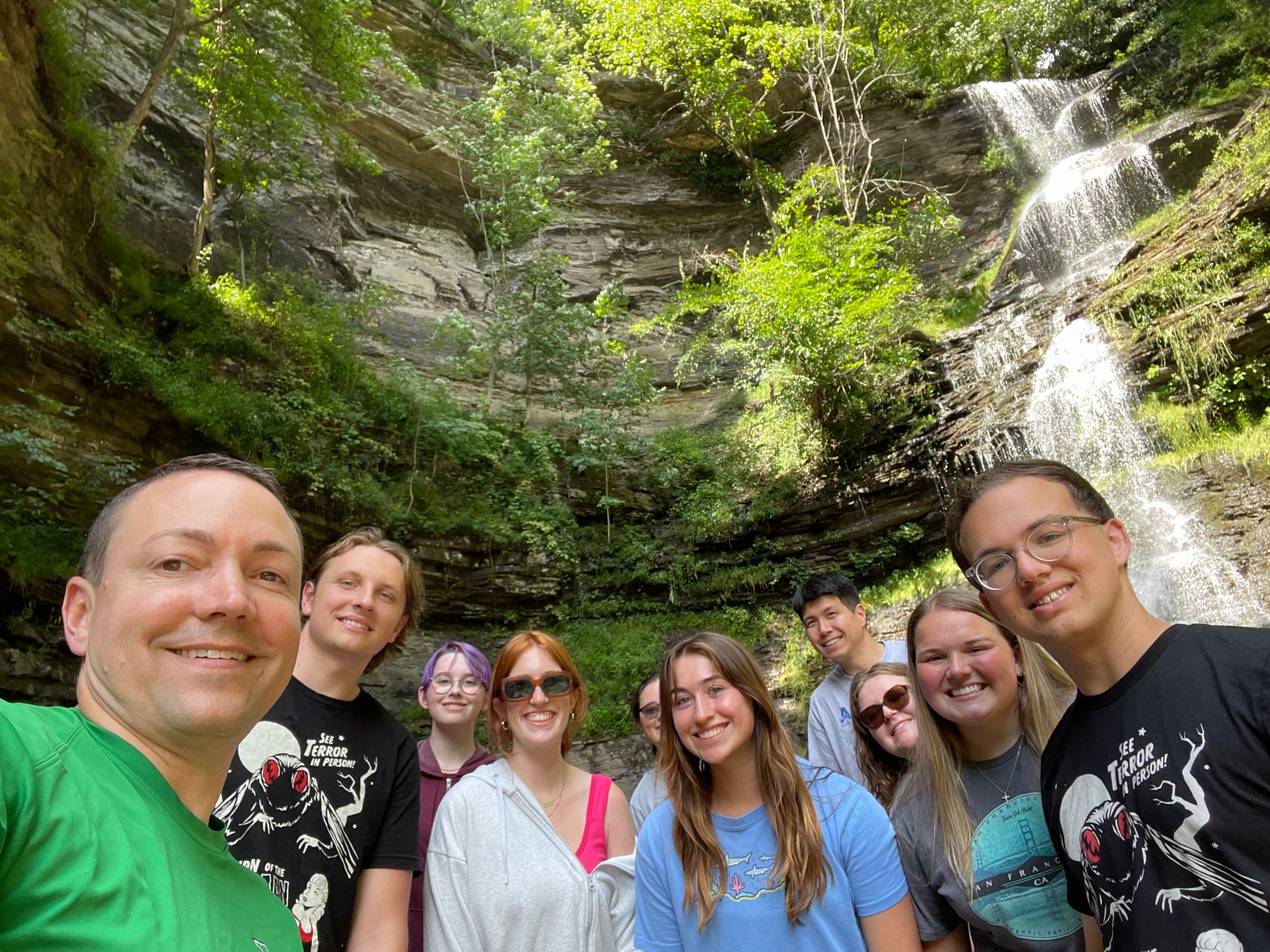

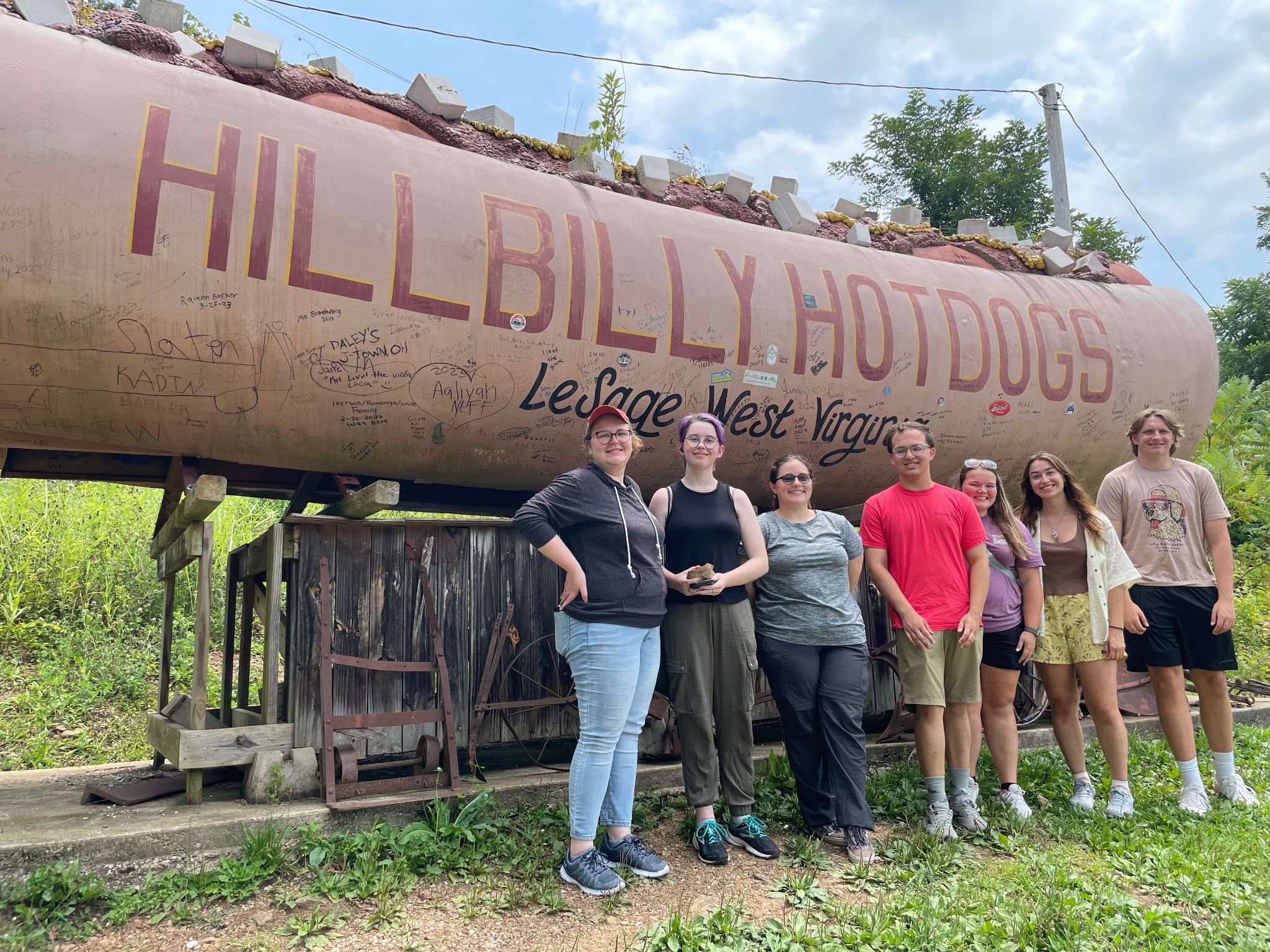
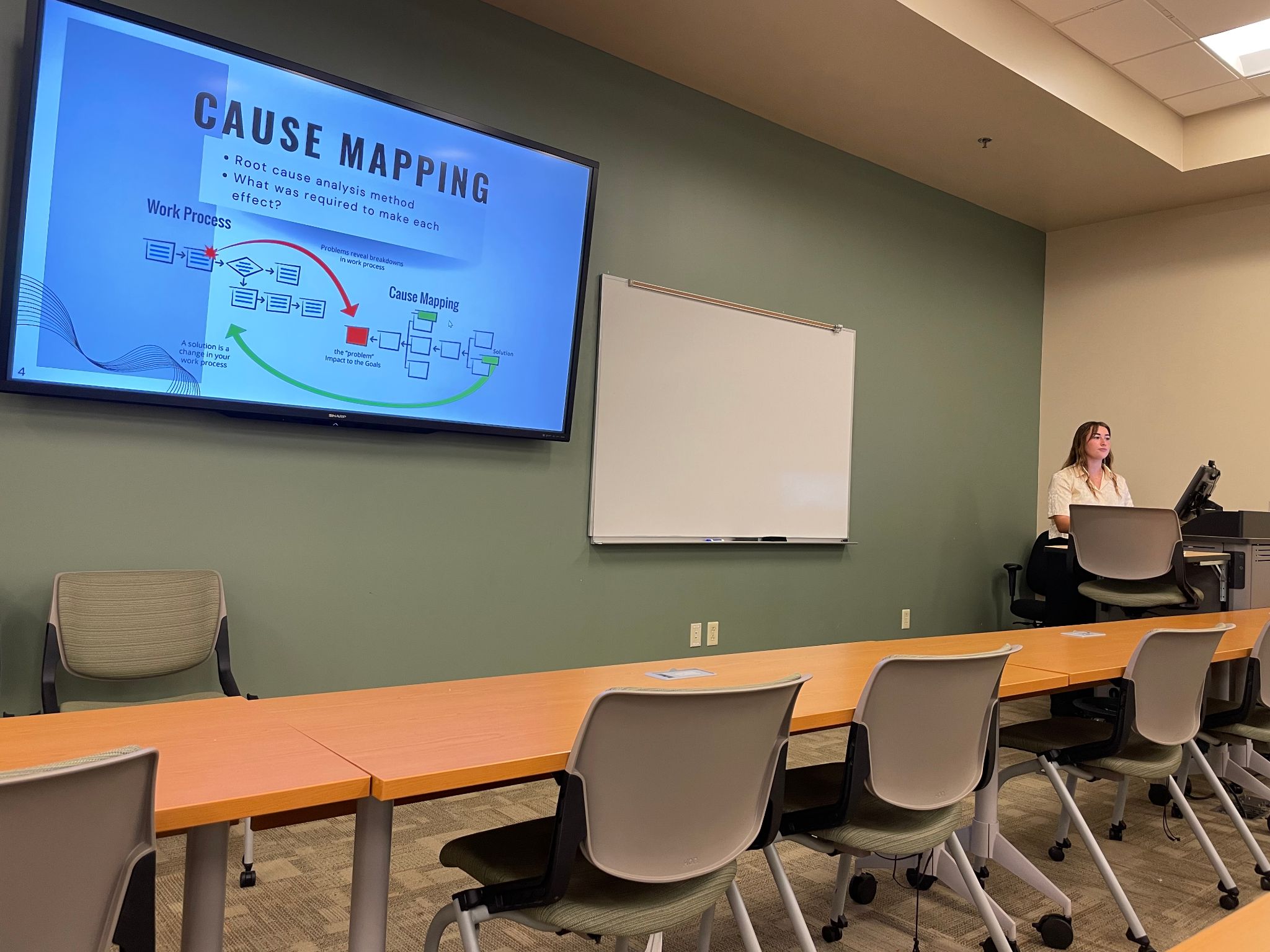
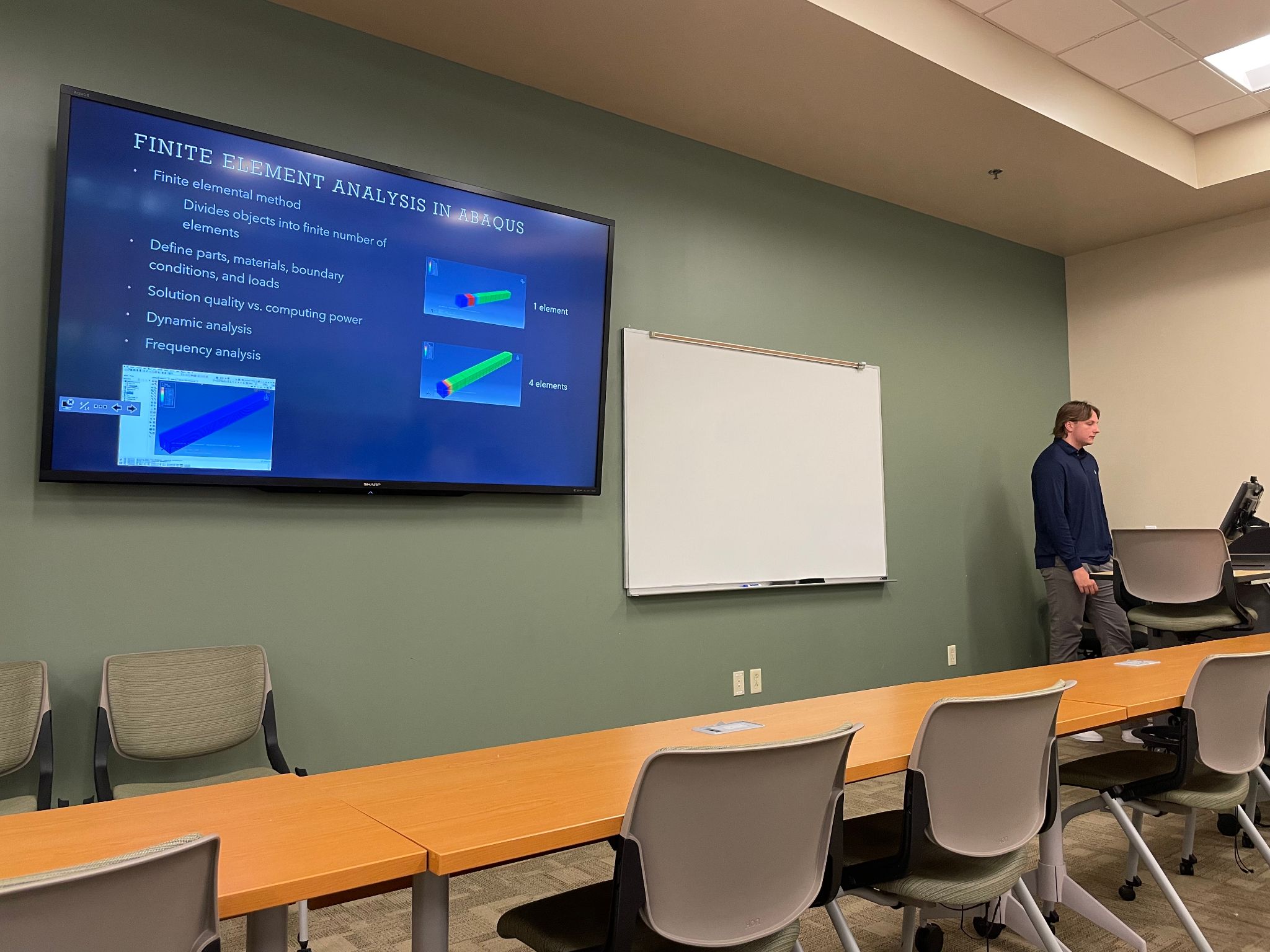
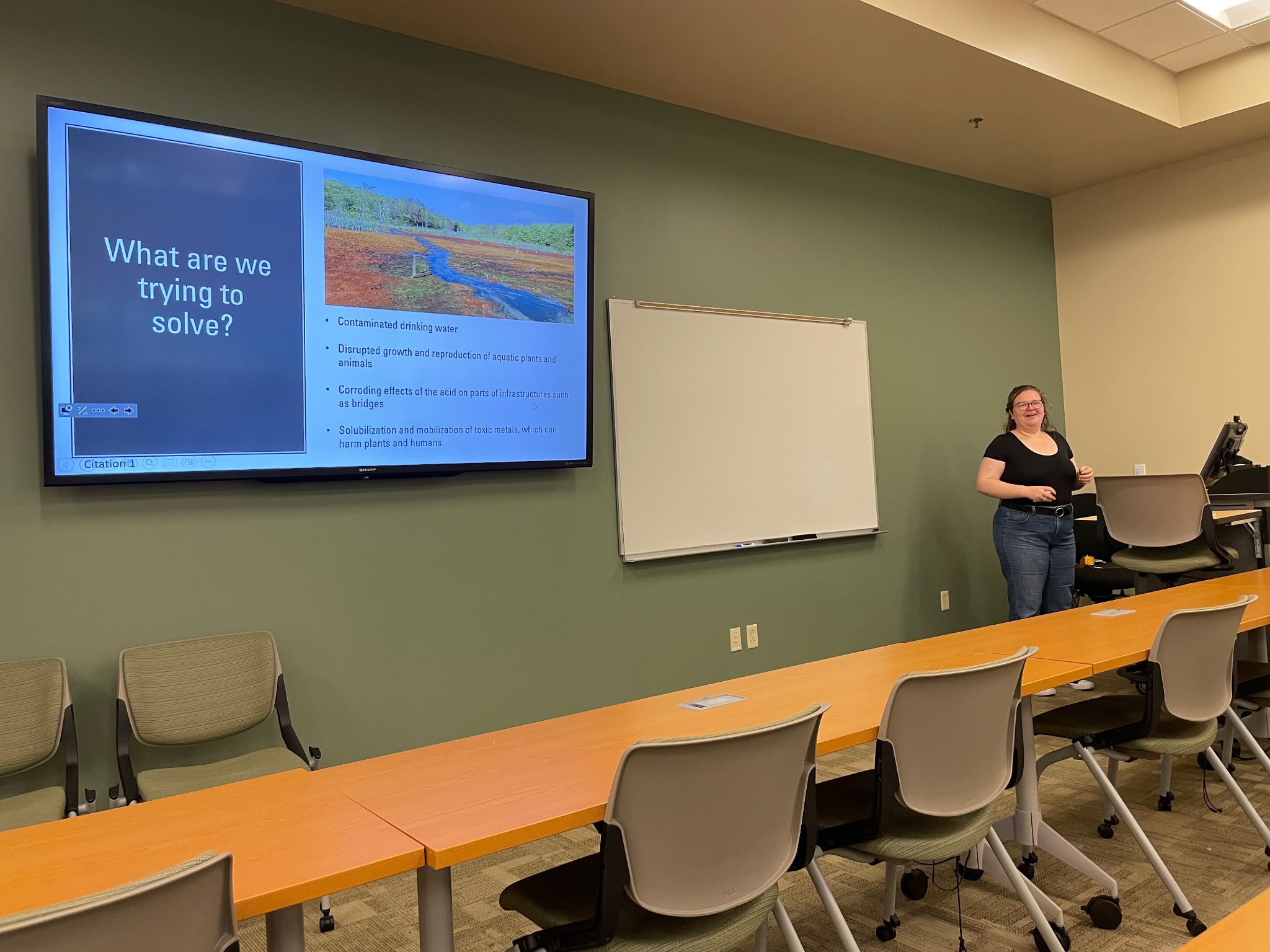
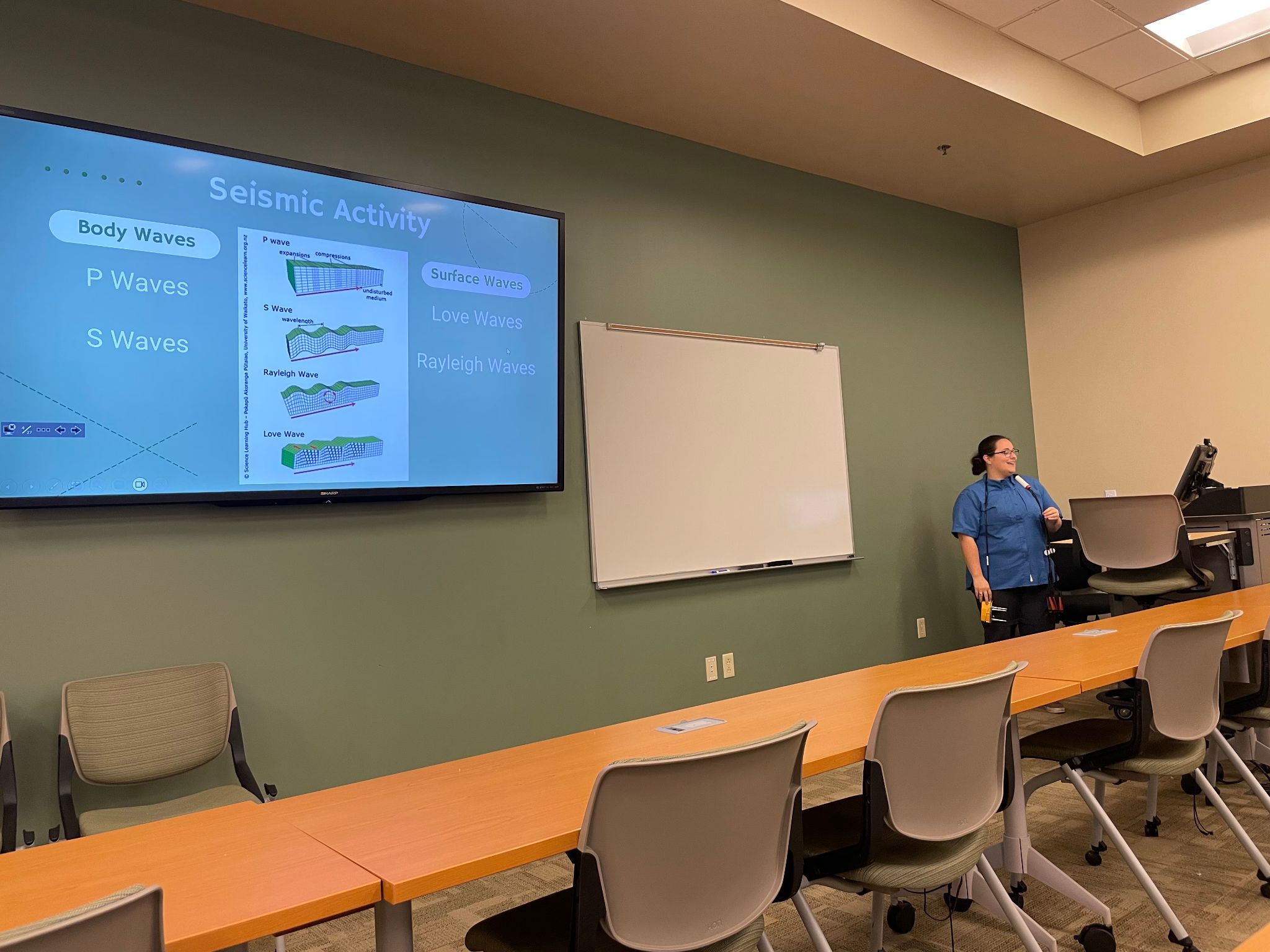
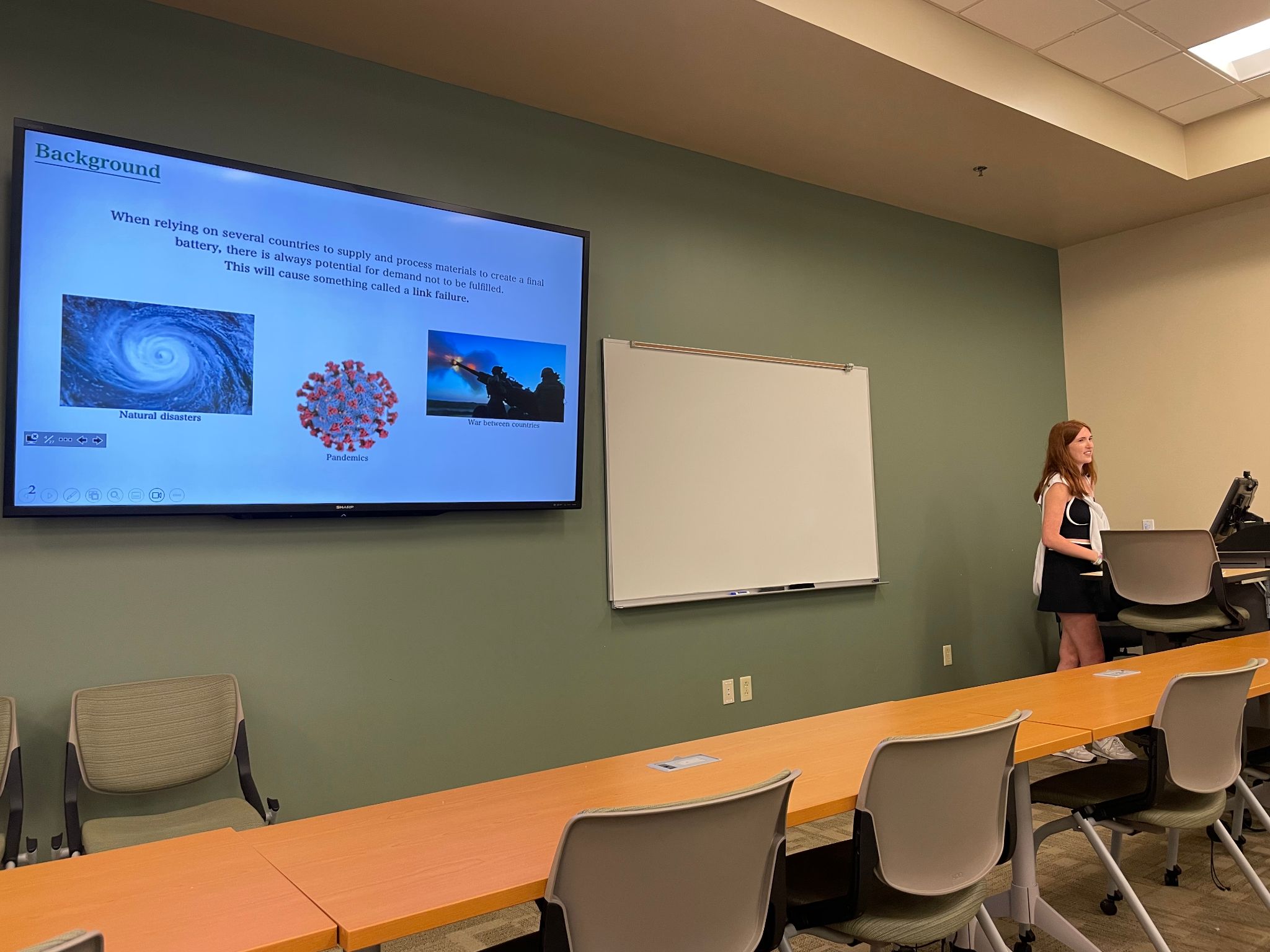
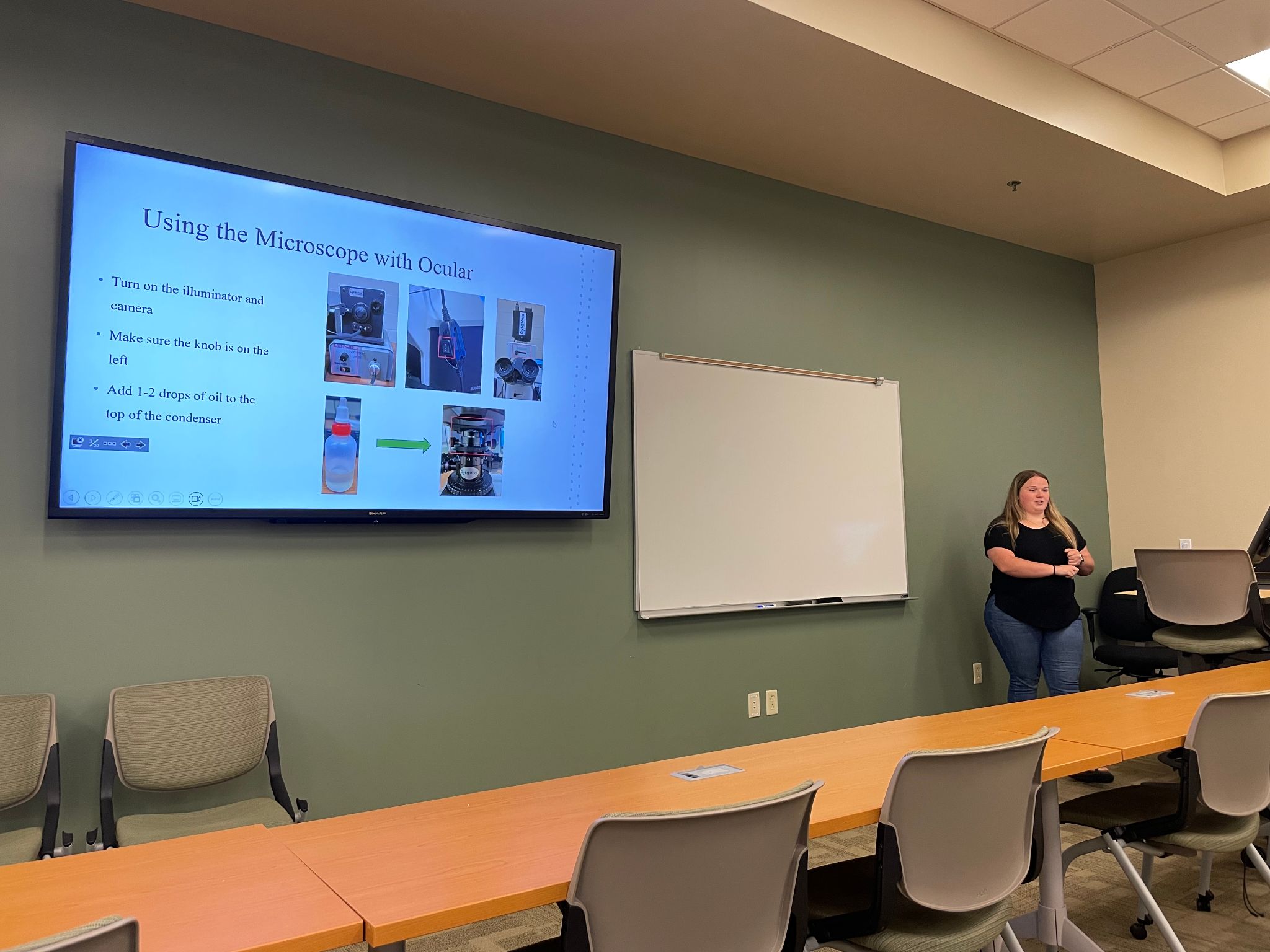
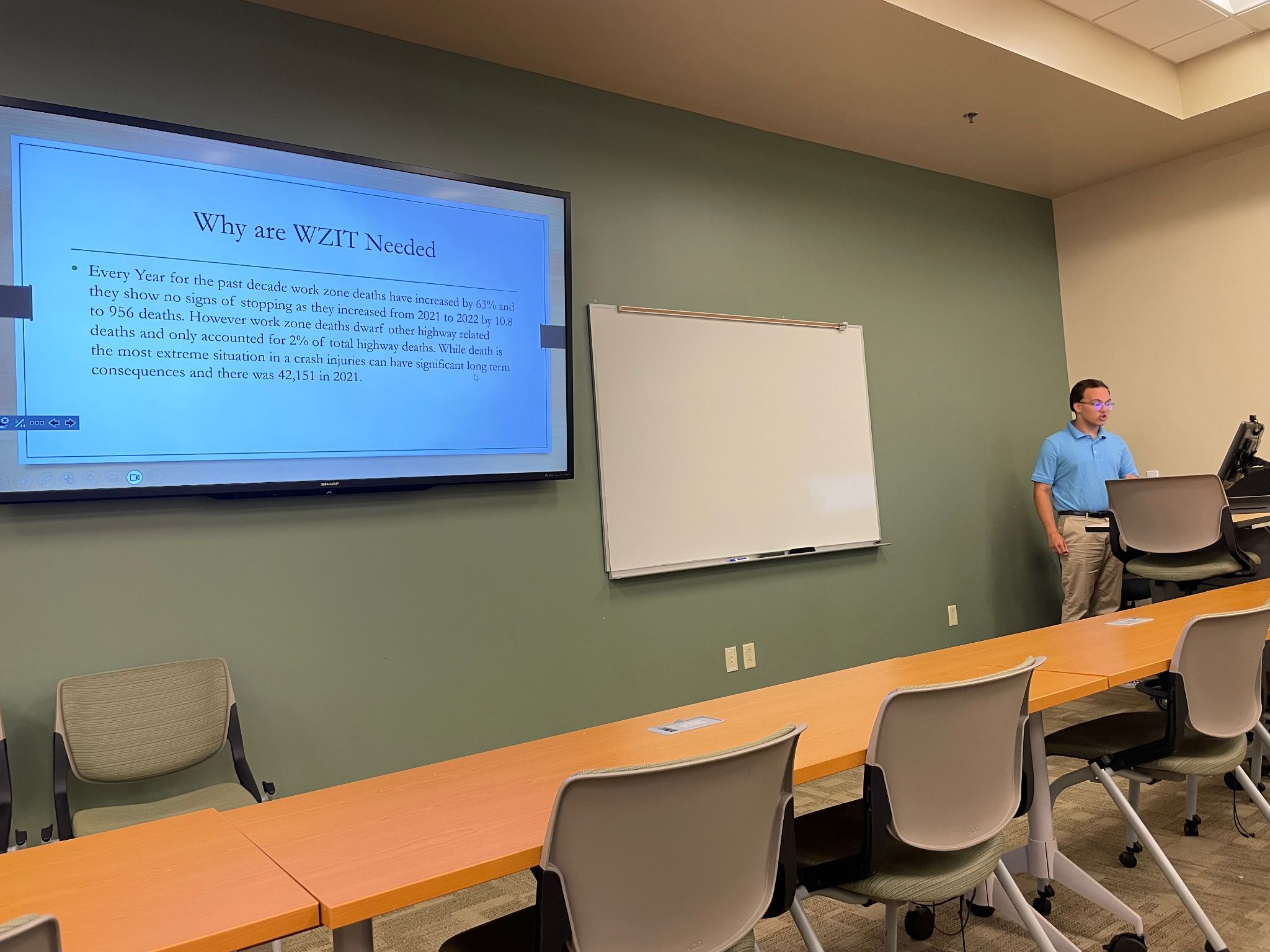
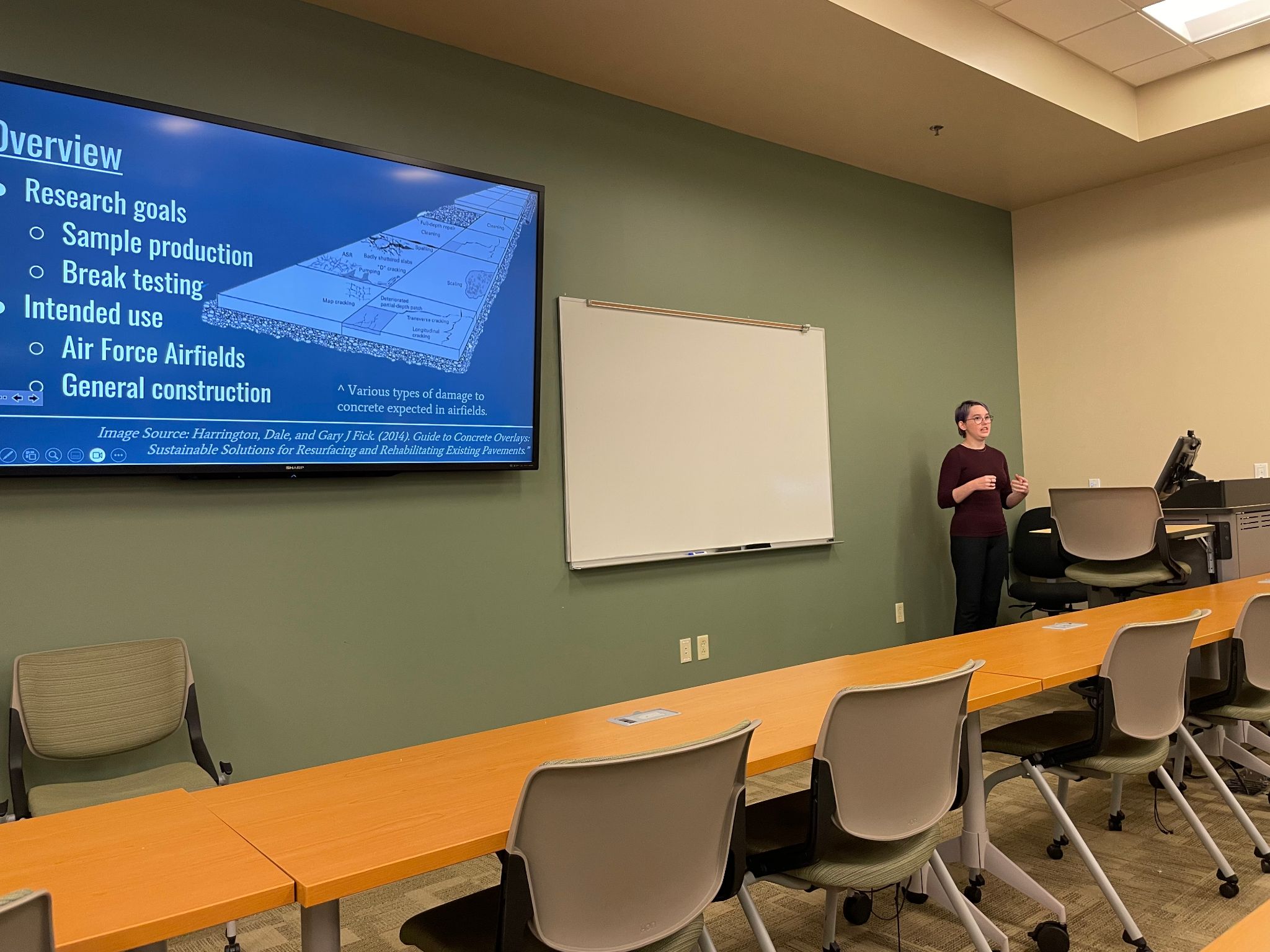
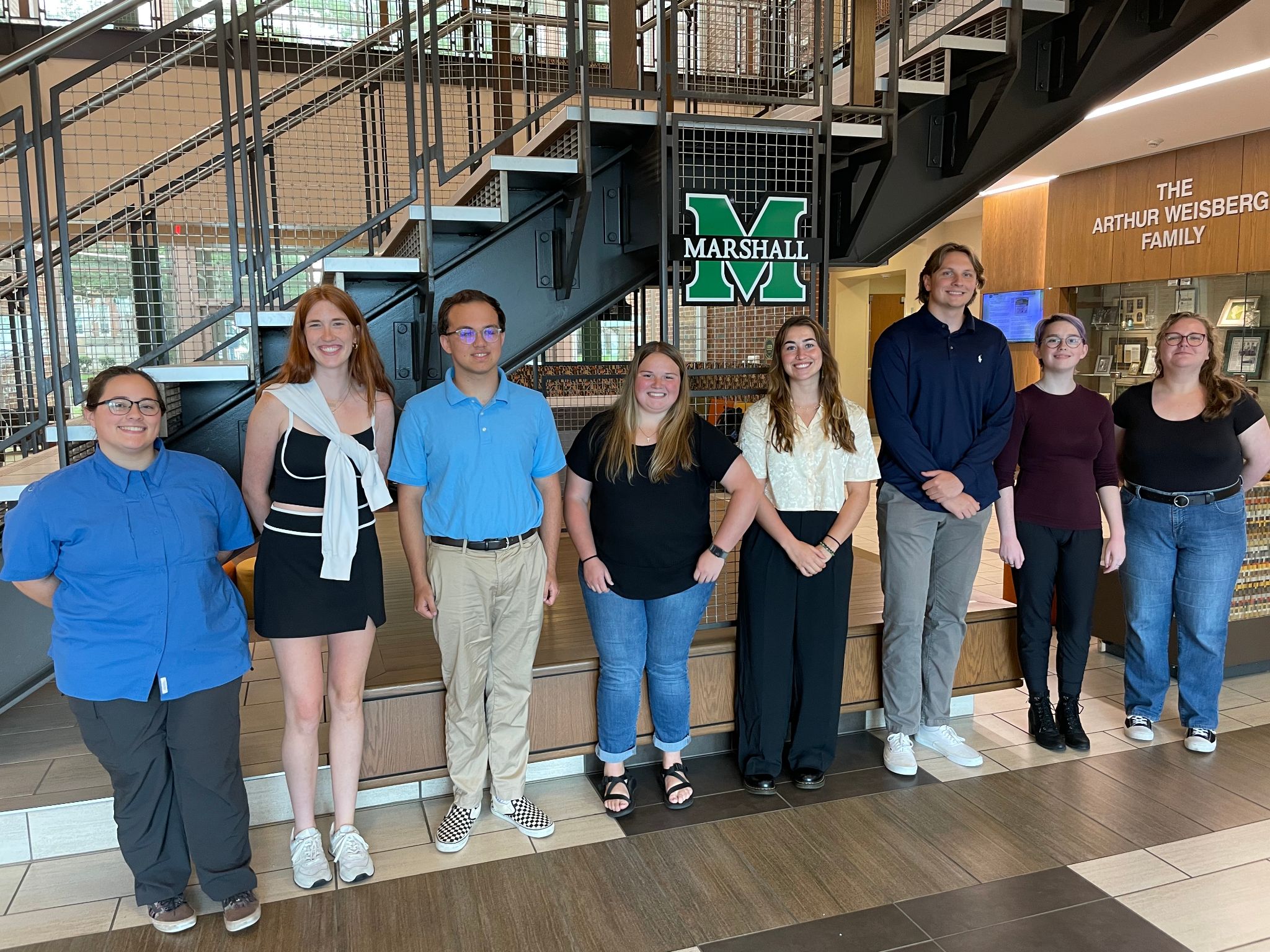


Financial Support
For the 10 weeks, participants of our REU site will receive a stipend of $6000. Additionally, financial support will be provided to cover travel, lodging, and meals.
Location
REU participants will stay in student housing on Marshall University‘s main campus in Huntington, WV.
